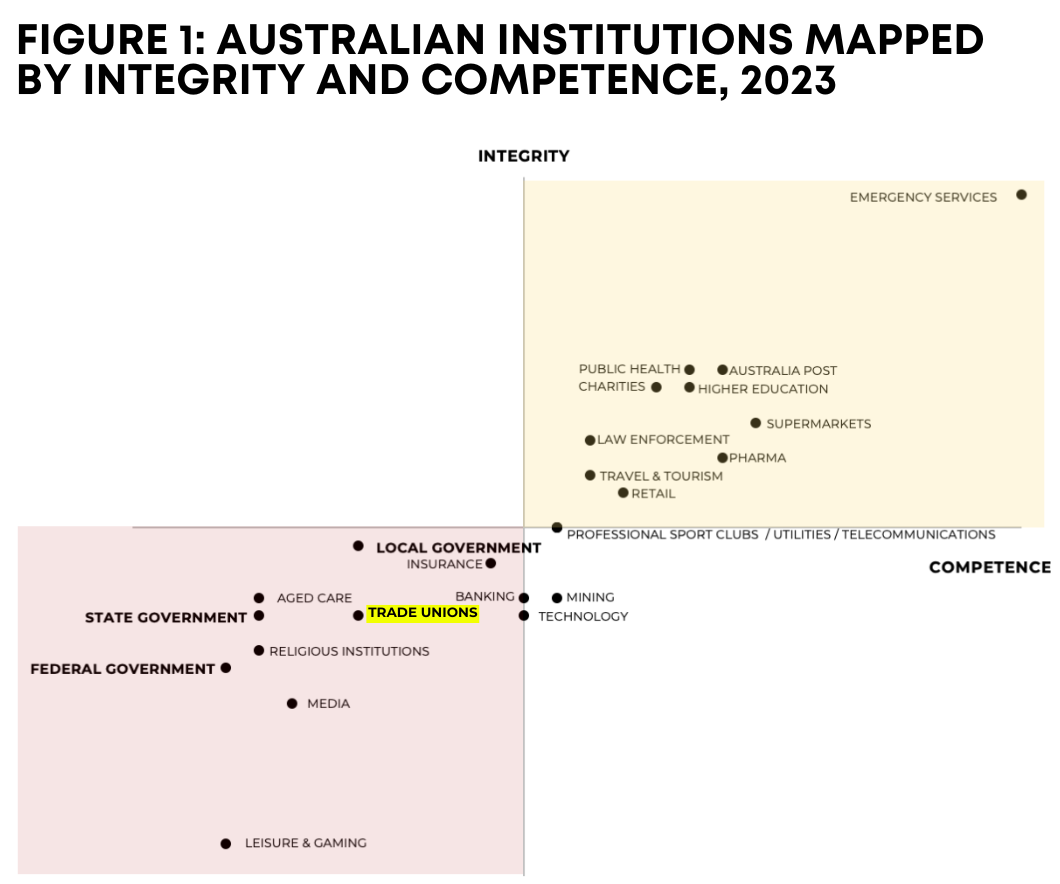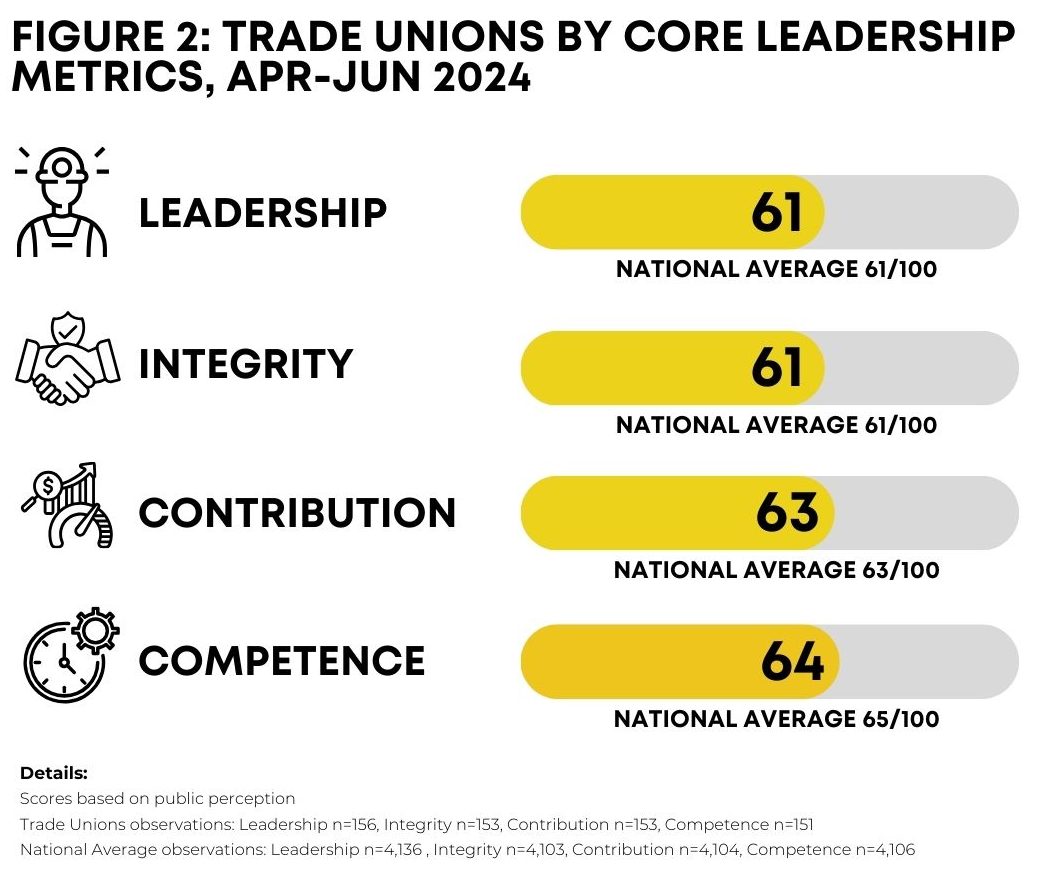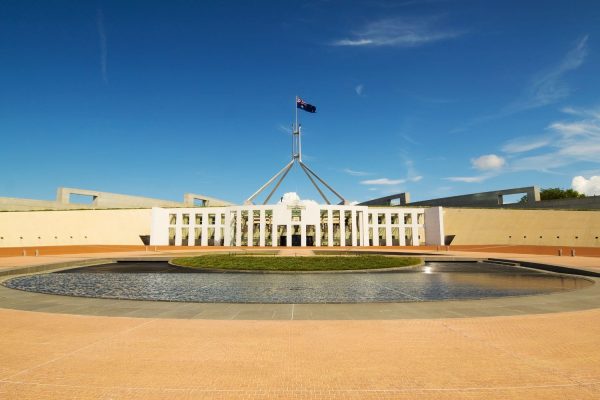Recent explosive allegations of criminal infiltration, kickback offers and corruption within the powerful Construction, Forestry, Maritime, Mining and Energy Union (CFMEU) have sent shockwaves through the Australian political landscape, with likely ramifications for trade union leadership perceptions. Nine Publishing’s ‘Building Bad’ expose has already forced the resignation of long-time Victorian union boss John Setka and the decision to place two state branches into administration is likely to cause further fallout for both the CFMEU and trade unions in general.
These concerns are exacerbated by the CMFEU’s key role in hundreds of major construction projects nationwide and its close ties to the federal and state Labor Party. As the CFMEU comes under intense scrutiny, politicians and union officials are scrambling to contain the fallout, convince the public they will eradicate malpractice, and avoid the drastic step of deregistering the union.
Whatever happens next, it is clear from our data that perceptions of trade unions are already poor, and are likely to further weaken after these damning revelations. Throughout the history of the ALI survey, unions have consistently rated below or in line with the national average for leadership, and have generally been one of the poorest performing institutions on the index. This article delves into the leadership perceptions of trade unions in Australia, drawing on ALI data to understand the factors contributing to these perceptions and the implications for the future of union leadership.
Outside Of The Golden Quadrant, Without Integrity And Competence
Trade unions in Australia have a long and storied history, playing a crucial role in advocating for workers’ rights, fair wages, and safe working conditions. However, over the past few decades, public trust in unions has eroded. This was highlighted in the most recent government inquiry into trade unions, the 2014’s Royal Commission into Trade Union Governance and Corruption. Similar to the recent CFMEU allegations, the commission uncovered evidence of criminal elements infiltrating unions, using their influence to secure contracts and engage in illegal activities. While the findings were damning, the actions taken by the government post-inquiry appear to have been ineffective, unable to improve leadership perceptions of Australian trade unions.
ALI data paints a sobering picture of trade unions. In the public mind, and compared to the ‘golden quadrant’ institutions—those seen as highly competent and ethical—unions consistently lag behind. As shown Figure 1 below, our results indicate that unions are viewed as relatively incompetent and as lacking integrity. This perception is particularly concerning given the critical role unions play in representing and advocating for workers.

These dismal perceptions of trade unions are not a new phenomenon. Throughout our survey’s history, perceptions of trade union leadership, integrity, competence and contribution to Australian society have been poor, either below or on-par with the national average for these metrics. With leadership perceptions of Australian institutions already low, these results paint a poor picture of trade union leadership and their perceived contributions to the greater good.
As seen in Figure 2 below, integrity and leadership are the weakest of our core four metrics for trade unions. Without trust in the leadership of these unions, public support for unions is likely to drop as well, undermining the opportunities available to their members and thwarting their primary goal. It is also clear that one sector, primarily the construction sector, can influence perceptions of trade unions as a whole, with Australia’s many other unions likely furious with the damage the CMFEU is doing to public opinion about unions in general.

Improving Trade Union Leadership Perceptions By Committing To Reform
The negative perceptions of trade union leadership, as highlighted by the ALI data, have significant implications for the future of unions in Australia. Addressing these perceptions requires a multifaceted approach aimed at rebuilding public trust, enhancing transparency, and demonstrating a genuine commitment to ethical leadership.
Trust, the cornerstone of effective leadership, must be actively rebuilt. For trade unions, this involves demonstrating competence, ethicality and transparency. Implementing stringent accountability measures and reforming internal processes to prevent corruption and unethical behaviour are crucial. However, unions like the CFMEU have so far proven incapable of initiating these restorative processes.
Therefore, there is a need for significant external oversight of troubled unions like the CFMEU, including thorough audits and greater independent oversight from organisations like the Australian Council of Trade Unions (ACTU). So far, the ACTU and similar bodies seem to have proven ineffective in addressing these issues, and more government action may be required to grant these organisations the authority to disband, reorganise and change the leadership of specific trade unions.
Another core aspect that has weakened trade union leadership perceptions is a lack of transparency, with the public clearly concerned with how key contracts are awarded and the roles unions play in the cost blowouts of key projects. Both unions and government bodies need to provide more insight into how these outcomes are reached, with more detailed reporting on union activities and progress on the reform initiatives that are supposed to be carried out.
Reforming the CFMEU and restoring trust in Australian trade unions is crucial to improving perceptions of unions and leadership as a whole, given the vital role unions play in advocating for workers’ rights and ensuring fair working conditions. There there are many successful examples of unions doing exactly that, from the Australian Nursing and Midwifery Federation securing a 28% pay increase for Victorian nurses to the United Firefighters Union Australia’s efforts to ensure safety concerns were addressed across the country’s aviation network.
Restoring public confidence in trade unions will require a comprehensive commitment to reform, particularly in the construction industry. Trade unions, private industry and governmental bodies must work collaboratively to provide accessible reports on union activities and reform progress, as well as greater insight into how projects are awarded, funded, and administered. This transparency will be key to cleaning up corruption within unions and rebuilding trust among the Australian public.




